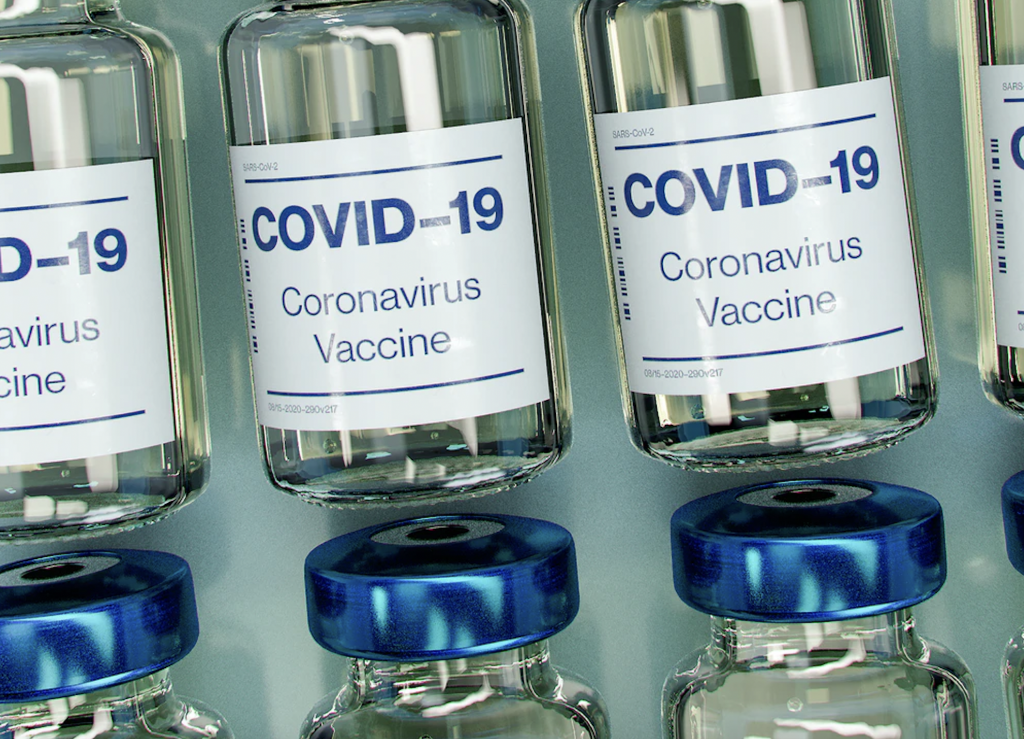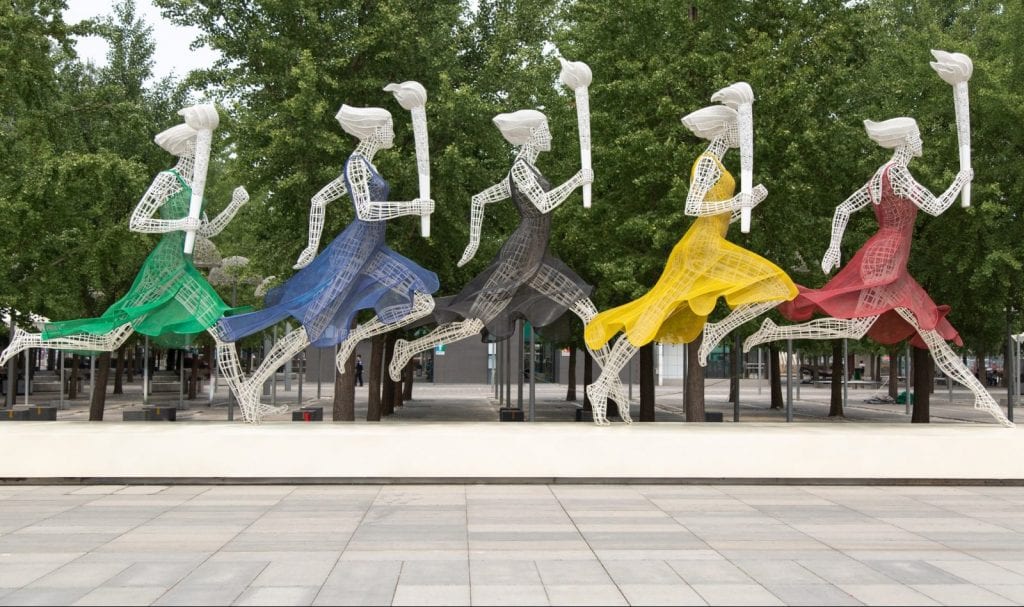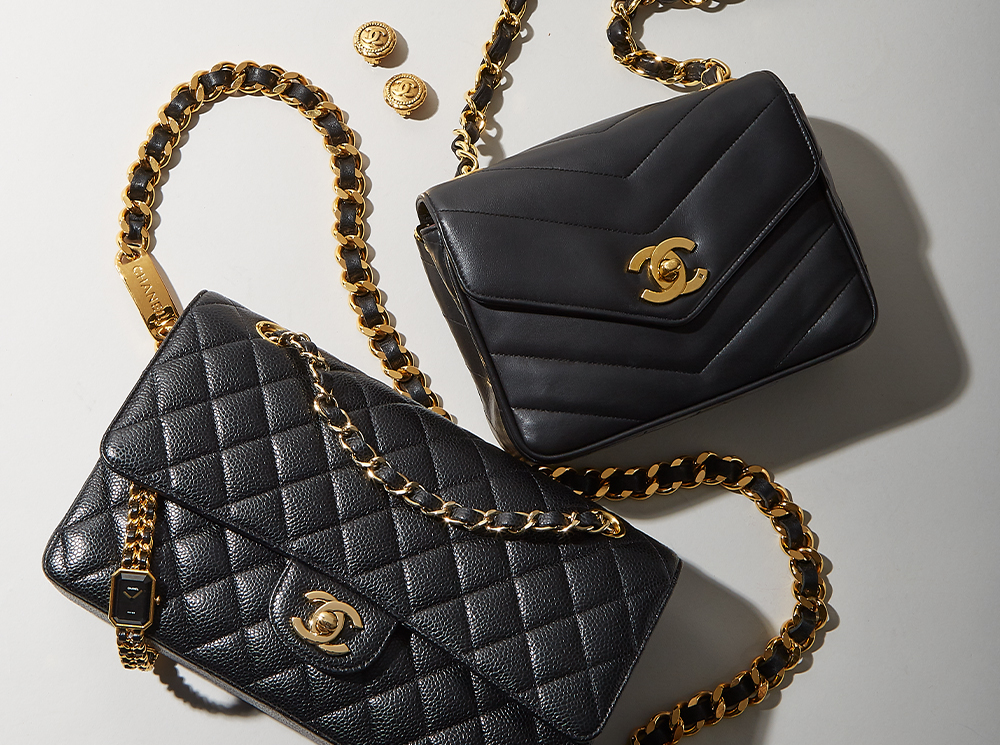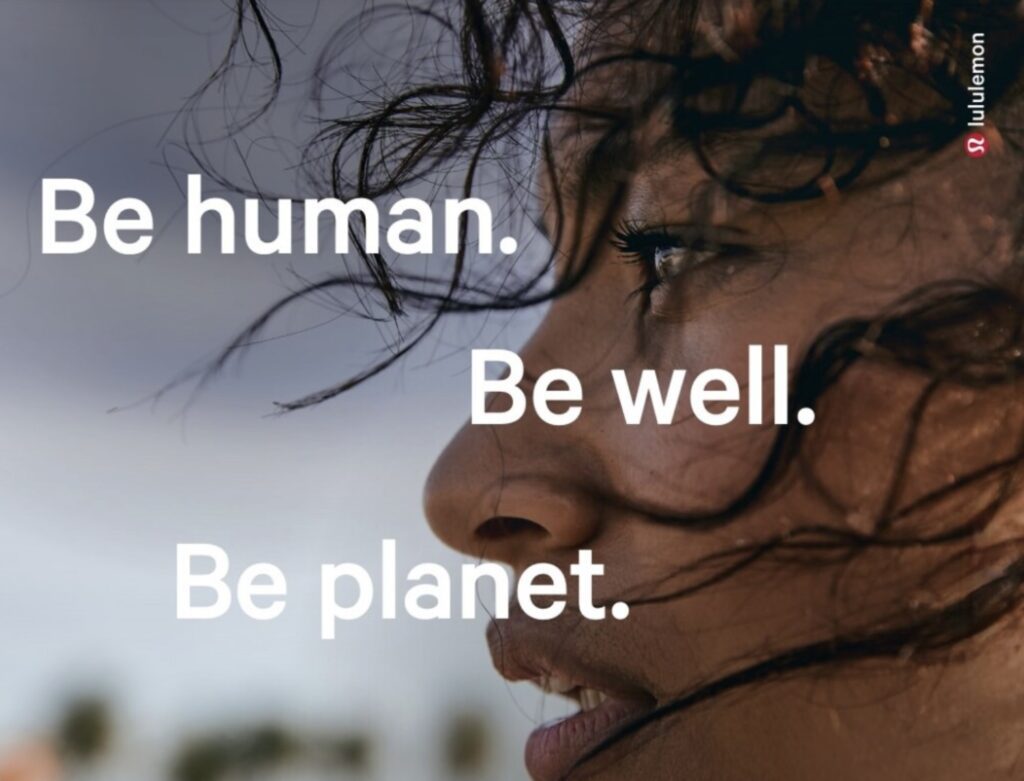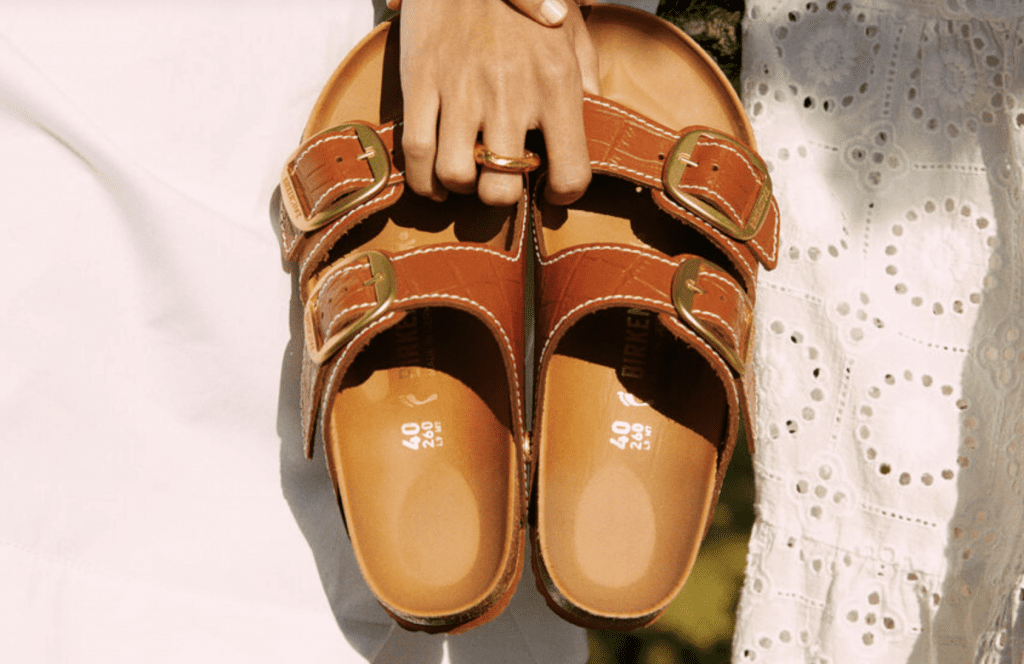“With people all over the world beginning to get COVID-19 vaccines, most of the press coverage so far has focused on its amazing development,” Harvard Business School academics Rohit Deshpandé, Ofer Mintz, and Imran S. Currim asserted recently. At the same time, what is receiving quite a bit less attention, they note, “is a critical last-mile issue that could stand in the way of achieving herd immunity: hesitation [among individuals]” to actually get the shots – or single shot, in the case of the new Johnson & Johnson vaccine.
As of early this year, as suggested that about 40 percent of adults in the U.S. said that they would prefer not to get the vaccine, leaving officials to figure out how to compel citizens who are on the fence, including ones who are resistant due to concerns about the safety of the vaccines and the potential for side effects. Given that the World Health Organization estimates that at least 60 to 70 percent of the population will need to be vaccinated to reach herd immunity, governing bodies are scrambling to entice people to get vaccinated as production ramps up and more options become available.
“To encourage citizens, politicians have received shots on live television,” the Wall Street Journal reported last month, “while governments have unrolled aggressive [information] campaigns seeking to get the word out.” A striking (but arguably unsurprising) aspect of the governmental effort in at least some places: enlisting influencers to help win over skeptics. As University of Western Australia academics Katie Attwell and Sian Tomkinson wrote late last month, France’s ministry of health, for instance, “has paid influencers to attend a special expert presentation on vaccines, hoping they would extol the benefits of vaccination to their followers.”
Meanwhile, as The Atlantic noted recently, the Oklahoma City County Health Department “has doubled its budget” for an outreach campaign to get Oklahoma residents vaccinated. “It is a relatively new and promising approach to vaccination drives,” the publication’s Kaitlyn Tiffany stated, and “one whose effectiveness, and potential downsides, remain unknown.
While the idea of social media spon-con devoted to COVID-19 vaccinations is, in fact, new (the virus is barely over a year old, after all), the idea of using famous faces to influence consumers’ habits when it comes to pharmaceuticals and healthcare, more generally, is not. As we have reported in the past, influencers have taken to not only teaming up with the likes of “it” bag-making luxury goods houses and buzzy athleisure brands but also working with pharma giants to endorse their goods. This trend of influencers broadening their pool of partners has seen Louise Roe hawking psoriasis medication and Emily Harrington promoting prescription contraception, as well as Kim Kardashian notoriously pushing prescription morning sickness medication and sister Khloe vouching for a migraine medication.
The Power of Celebrity
But even before Kardashians and fashion-focused influencers started pivoting to pharma, “the power of celebrity had been harnessed in vaccination campaigns many times,” according to Western Sydney University School of Business professors Michelle O’Shea and Sarah Duffy Lecturer, School of Business, and Patrick van Esch, a Senior Lecturer in Marketing at Auckland University of Technology’s Business School. Most famously, they point to Elvis Presley, who was enlisted to receive his polio vaccine, as documented by members of the press on the set of “The Ed Sullivan Show” in October 1956 “as a way of encouraging take-up among teenagers.”
Fast forward to 2021, and many other celebrities have similarly publicized their COVID-19 vaccinations. Joan Collins, Samuel L. Jackson, Sir Ian McKellen, Willie Nelson, Tony Bennett, Jane Fonda, Sean Penn, and Jeff Goldblum, among others, have shared photos of themselves getting vaccinated, or otherwise publicly revealed that they have gotten the shots. Meanwhile, Dolly Parton, who famously donated $1 million to the Vanderbilt University Medical Center in April 2020 to help fund three pandemic-related research projects, including one related to the Moderna vaccine, posted a video of herself getting the vaccine while singing.
As for the efficacy of these celebrity endorsements, O’Shea, Duffy, and van Esch say that research has shown that “celebrity endorsements can trigger biological, psychological and social responses in people that make them more trusting of what celebrities say and do,” which is precisely why brands regularly tap big-name figures to serve as the face of their brand and/or endorse their products – whether it be cologne or cars. That same type of response applies to celebrities’ “endorsement of health information,” the academics assert, noting that “neuroscience research supports these explanations, finding that celebrity endorsements activate regions in the brain involved in making positive associations, building trust and encoding memories.”
In short: celebrities sell … vaccination campaigns, included.
Micro-Level Influence & Branding
A look beyond famous faces reveals that there are other pro-vaccine efforts underway, as well. In fact, no shortage of sponsored and unsponsored micro-influencer campaigns are popping up on social media, with a growing number of regular people endorsing COVID vaccines to the immediate pool of people that follow them. There is a chance that you may have come across someone – or multiple people – you know and follow who have flashed their vaccination cards on their Instagram stories, a move that has almost certainly given rise to a new type of FOMO (i.e., fear of missing out) at a time when vacations, concerts, parties, and other traditionally envy-inducing events are relatively limited, if they exist at all.
Against this background, companies and local governments are relying on regular citizens to help influence the people within their social media circles to get vaccinated if/when they can. Kaiser Permanente, for instance, is actively “identifying social media heavyweights in particular communities – or ‘micro-influencers’ – to spread pro-vaccine messages and in some cases even offering to pay them,” according to Politico. “Local health care leaders said they are purposefully eschewing big-name celebrities or splashy PR campaigns, [and] instead, are aiming to pull in a broad range of voices, including many who do not boast of huge online followings but hold sway in their communities.”
All the while, there are plenty of non-sponsored posts in this arena, as well, which are proving interesting (and potentially very effective) for a number of reasons, including that these vaccination-centric posts are seemingly operating as a new form of status symbol when other, more traditional status-indicators have fallen by the wayside. After all, even amid an enduring spending rebound in the U.S. and other countries, such as China, where luxury goods sales are booming according to brands’ Q4 and full-year revenue reports, there is still a large-scale downturn in spending on discretionary products (i.e., luxury goods and other fashion items) as a result of an uncertain economy and/or a simple lack of anywhere to go. As such, in place of new handbags or hard-to-get sneakers, it seems that the most coveted “accessory” for many is an index-card size piece of paper that reads, “COVID-19 Vaccination Record Card.”
And somewhat predictably, in much the same way that branding proves an influential force in our everyday lives and our consumption behaviors, particularly when it comes to apparel and accessories, the discussion of vaccines is not devoid of brand names. As strategy/marketing/media advisor Michael Miraflor stated on Twitter not too long ago in reflecting on discussions amid the growing availability of vaccines, “Brand is talked about a LOT.” Pfizer – which gained early traction as the most effective of the various vaccines available – “is seen as ‘the best,’ almost regarded as a luxury brand.”
Pharma company and vaccine as luxury brand and coveted luxury product? Maybe the notion is not so outlandish. Pfizer certainly boasts a whole lot of brand awareness and even greater demand in the face of still-short supply, which sounds remarkably like the strategy behind the titans of the luxury industry. The stakes at play in light of the global health pandemic, of course, are hardly comparable to those when it comes to French fashion brands and coated canvas bags.




